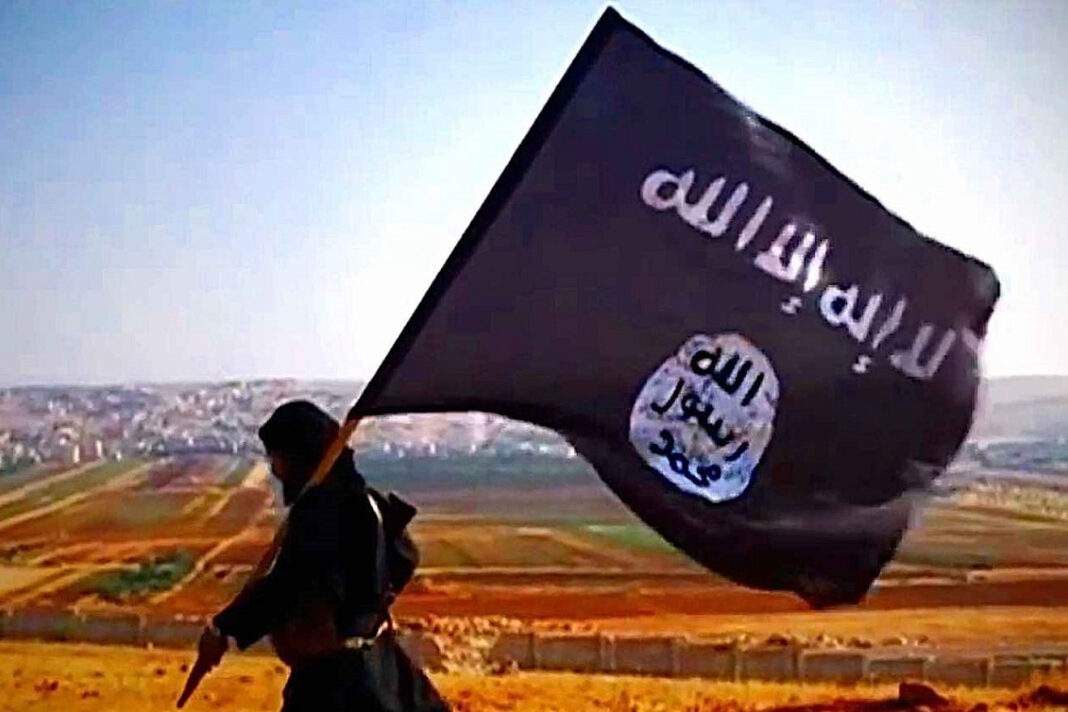|
Getting your Trinity Audio player ready...
|
Edited by: TJVNews.com
In a deeply unsettling revelation, the Shin Bet and Israel Police announced the indictment of Mahmad Azzam, a 34-year-old resident doctor at Soroka Medical Center in Be’er Sheva, on charges of swearing allegiance to the Islamic State (ISIS). Azzam, originally from Nazareth but residing in Be’er Sheva, has been accused of aligning himself with one of the world’s most notorious terrorist organizations. This development has sent shockwaves through Israel’s medical community and raised significant concerns about the infiltration of extremist ideologies into sensitive areas of public life.
The investigation into Azzam’s activities was conducted by the Central Unit of the Southern District Police’s Negev Precinct, in collaboration with the Shin Bet. According to the authorities, Azzam’s journey toward radicalization began as early as 2014 when he first developed an interest in Islamic State propaganda. Over the years, his fascination with the group deepened, leading him to consume a significant amount of radical content online. This content included graphic videos, extremist sermons, and other material designed to indoctrinate and recruit individuals into the ranks of ISIS.
A 34-year-old specialist doctor, Muhammad Azam, who was working at Soroka Medical Center, has been arrested by Israeli security over terrorism charges after he swore allegiance to ISIS.
He was plotting a terrorist attack by poisoning the patients at the hospital. Some of the… https://t.co/jqpgWpbCPs pic.twitter.com/PIcY5M1En5
— FJ (@Natsecjeff) August 22, 2024
The situation escalated dramatically in the aftermath of the October 7th massacre and the ongoing war in Gaza. It was during this period of heightened tension and violence that Azzam allegedly made the decision to formally pledge allegiance to the Islamic State. The indictment reveals that in addition to his ideological commitment, Azzam had also downloaded extensive materials on the manufacturing of explosives, poisons, and other dangerous substances over the past year. These actions indicate a disturbing shift from mere radicalization to active preparation for potential acts of terror.
Soroka Medical Center, where Azzam had been employed as a resident doctor, responded to the news with shock and dismay. In an official statement, the hospital’s management expressed their deep concern over the charges and emphasized the gravity of the situation. “The hospital’s management sees this as a severe matter and is shocked by the charges. The case is being dealt with by law enforcement authorities and we trust and rely on their investigation of the affair,” the statement read.
The involvement of a medical professional in such activities is particularly alarming, given the trust placed in healthcare providers to care for the public. This case raises serious questions about the vetting and monitoring processes within institutions like Soroka Medical Center, where individuals with access to sensitive environments and vulnerable populations are expected to uphold the highest ethical standards.
While Israel’s intelligence and law enforcement agencies have been vigilant in tracking potential threats, the nature of online radicalization—often conducted in private and anonymous settings—makes it increasingly difficult to identify individuals who may be on the path to extremism before they take concrete steps toward violence.
The fact that Azzam had access to medical knowledge and facilities adds another layer of concern. The potential for an individual in his position to exploit their professional skills for malicious purposes is a chilling prospect that necessitates a reevaluation of security protocols within sensitive sectors like healthcare.




